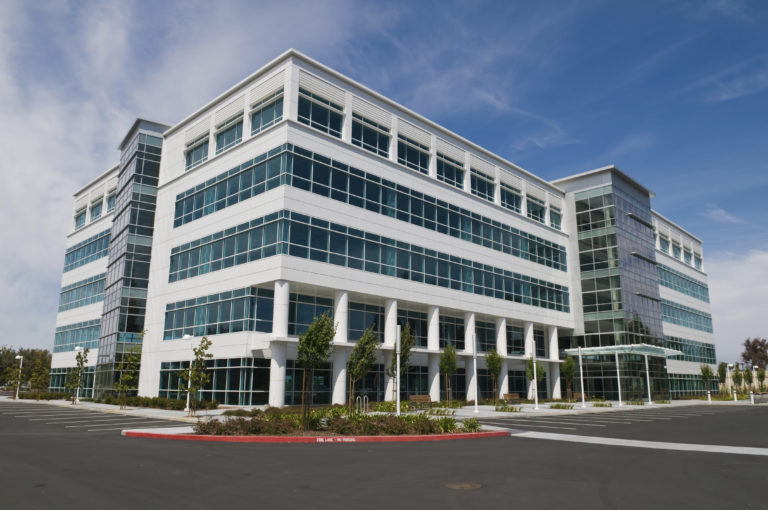If you looked at the portfolios of some of the wealthiest people in this country, you would likely find commercial property among their other investments. This is because these assets have lower risk and equal or higher returns than other investments, including the stock market. However, these are common mistakes you should avoid if you plan to invest in commercial real estate.
Not Planning for Your Taxes
Although real estate investors tend to pay little income tax due to depreciation and other deductions, they do have other tax responsibilities. The most important is property tax, which can cause you to lose your real estate holdings if they are not paid. In addition, these taxes increase each year. You will also encounter capital gains tax if you sell any of your properties for more than your purchase price.
Therefore, take the time to calculate your tax responsibilities before you purchase a property. Be sure you have the money set aside so that you can pay them, and plan for them to increase in the future.
Not Evaluating the Risks
Each type of commercial property (multifamily, retail, industrial, office, multi-use, raw land and special use properties) has different advantages and disadvantages. For example, multifamily units often have higher returns, but their management and turnover are greater. Office complexes may have longer leases and less management, but you may have difficulty filling them, especially in challenging economic times.
Therefore, learn about the advantages and disadvantages of each property type. Evaluate what you are willing and capable of doing, and choose the property that best fits your needs, risk tolerance and abilities.
Lack of Fiscal Responsibility
It can be tempting to purchase the best deal you can find, but if you become overextended, you can quickly get yourself into trouble. Set and stay within a budget. Consider the risks of the property and balance that with your finances so you have enough cash available for any unexpected expenses. Build a long-term strategy so you don’t assume too much debt upfront.
Not Calculating Expenses and Revenues Accurately
Many first-time investors overestimate revenues and underestimate expenses. This can cost you your property. Therefore, carefully analyze the seller’s expense and revenue reports. Consider the rental income and occupancy rates carefully. Have the building inspected to determine upcoming maintenance requirements. Review past expenses and consider increases, such as electricity price increases, in your analysis. Consider all renovation and repair needs. Also, determine whether you will use a property manager and account for these costs as well.
Don’t be afraid to dream big, but balance your dreams with your budget and risk tolerance. Choose commercial real estate that fits your needs and budget.

